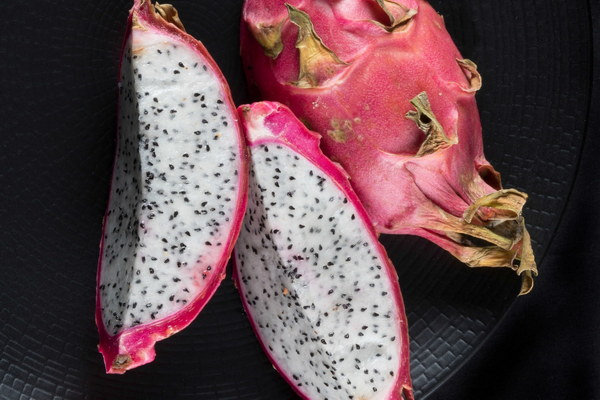Does Sago Have the Power to Expel Dampness and Phlegm A Comprehensive Look
In traditional Chinese medicine, sago, also known as sago palm, has long been praised for its health benefits. Many believe that sago can expel dampness and phlegm from the body, thereby promoting overall health and well-being. But does sago really have the power to perform such miraculous tasks? Let's delve into this topic and uncover the truth behind the claims.

What is sago?
Sago is a starchy substance extracted from the pith of the sago palm tree, scientifically known as Metroxylon sagu. It is commonly used in various cuisines across the world, particularly in Southeast Asian countries. Sago is available in the form of small, white, pearl-like granules and is often used as a thickening agent in soups, stews, and desserts.
Dampness and phlegm in traditional Chinese medicine
In traditional Chinese medicine (TCM), dampness and phlegm are considered to be two of the primary causes of various health issues. Dampness is believed to be a substance that accumulates in the body, leading to symptoms such as fatigue, bloating, and weight gain. Phlegm, on the other hand, is a sticky, thick fluid that can cause respiratory problems, such as coughs, sinusitis, and asthma.
The belief that sago can expel dampness and phlegm
According to TCM, sago has diuretic and expectorant properties, which means it can help eliminate excess dampness and phlegm from the body. This belief is primarily based on the following reasons:
1. High starch content: Sago is rich in starch, which can help absorb excess moisture from the body, thereby reducing dampness.
2. Low fat content: Sago has a low-fat content, making it a suitable food for those with dampness-related issues, as high-fat foods can exacerbate dampness.
3. Cooling properties: Sago is believed to have cooling properties, which can help alleviate symptoms of dampness and phlegm.
Scientific evidence
While traditional beliefs about sago's ability to expel dampness and phlegm are widespread, scientific evidence supporting these claims is limited. However, some studies have shown that sago may have certain health benefits:
1. High dietary fiber: Sago is a good source of dietary fiber, which can aid in digestion and help maintain bowel regularity.
2. Low glycemic index: Sago has a low glycemic index, making it a suitable food for those with diabetes or those looking to manage their blood sugar levels.
3. Potential cardiovascular benefits: Some studies suggest that sago may have a positive impact on cardiovascular health, though more research is needed.
Conclusion
While there is a lack of scientific evidence to fully support the claims that sago can expel dampness and phlegm, it does offer some potential health benefits, such as high dietary fiber content and a low glycemic index. If you're considering incorporating sago into your diet for its supposed health benefits, it's essential to consult with a healthcare professional or a TCM practitioner to ensure it's appropriate for your specific health needs.
In summary, while sago may not be a magic bullet for dampness and phlegm, it can be a nutritious addition to a balanced diet. As with any dietary change, it's always best to consult with a healthcare professional before making significant adjustments to your eating habits.









